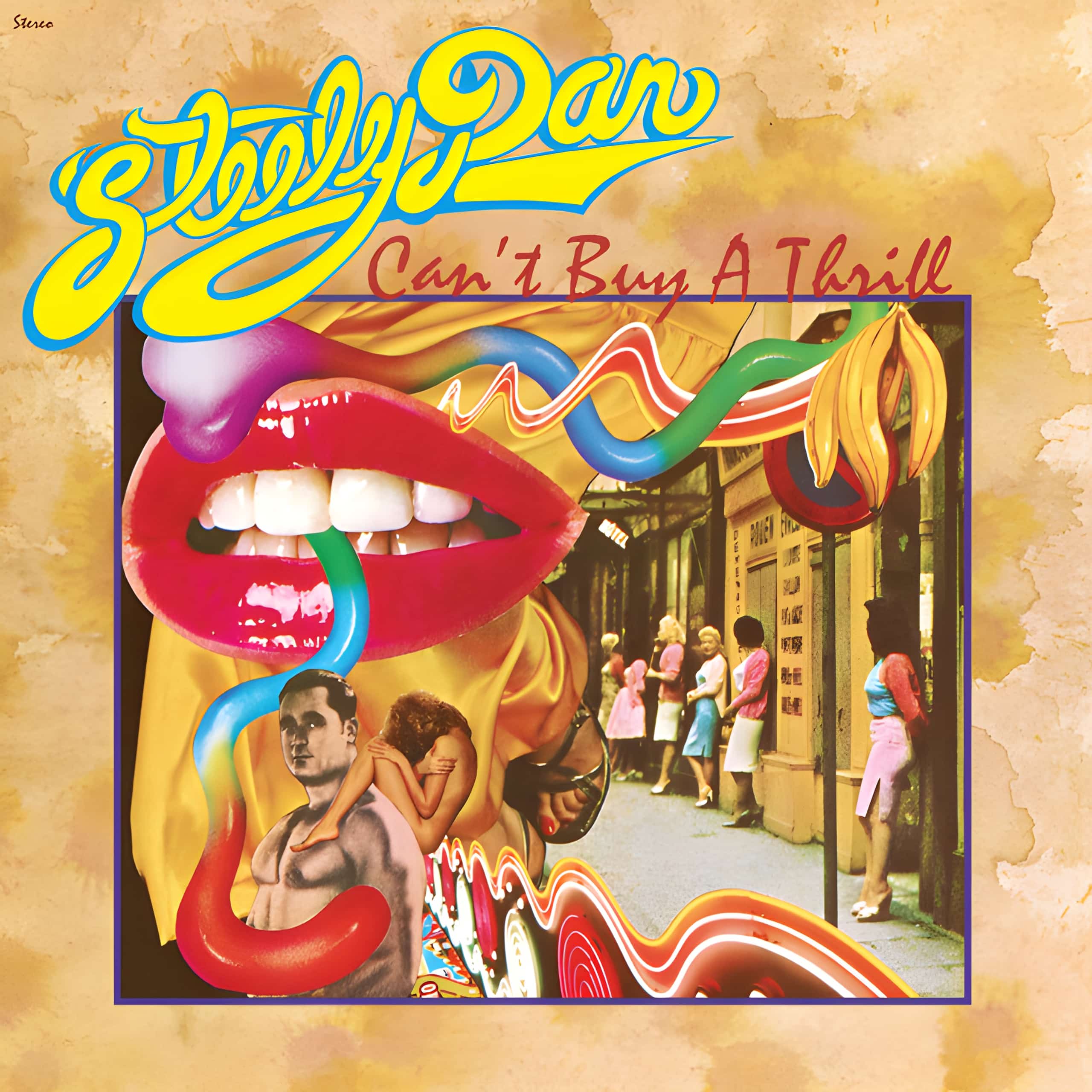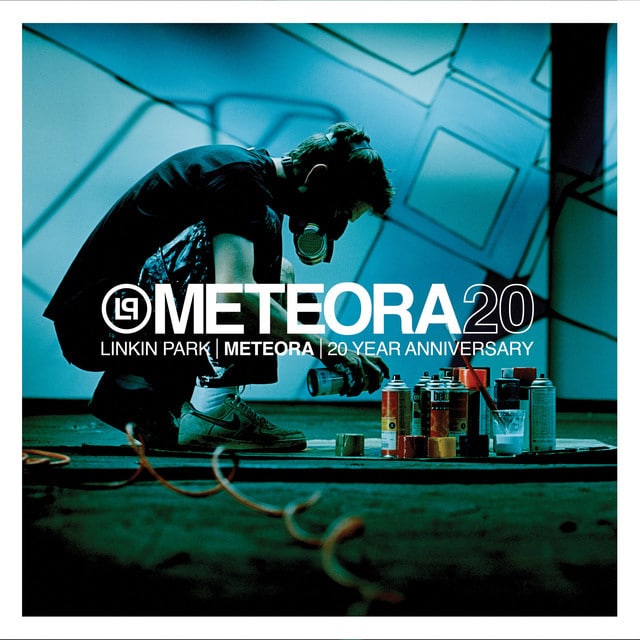Released: 1997
Bitter Sweet Symphony by The Verve punches you right in the feels with its raw take on life’s relentless cycle. At its core, it’s about the grind of daily life and the realization that despite our best efforts to change, we’re often stuck in who we are. Richard Ashcroft, the mastermind behind these lyrics, isn’t just singing a song; he’s telling the tale of every soul yearning for more yet tethered by their own realities.
The opening lines, “‘Cause it’s a bitter sweet symphony, that’s life,” set the tone. Life is a complex mix of sweet moments and bitter struggles, a melody that everyone has to play. The phrase “Tryin’ to make ends meet, you’re a slave to money then you die” is a blunt observation about the rat race. It’s a sad truth for many, where the quest for financial stability consumes our existence until our final breath.
When Ashcroft sings, “I’ll take you down the only road I’ve ever been down,” he’s guiding us through his journey, hinting that despite exploring different paths (‘the places where all the veins meet‘), we often find ourselves back where we started. The metaphor of life as a road we travel, trying to find meaning and change, resonates deeply. However, the repeated declarations of “No change, I can change, I can change, I can change,” followed by the admission, “But I’m here in my mold,” showcase the internal struggle between the desire for change and the acceptance of one’s immutable core.
The verses reflect a moment of vulnerability and desperation (“Well, I’ve never prayed, but tonight I’m on my knees, yeah“). Here, Ashcroft touches on seeking solace in music (“I let the melody shine, let it cleanse my mind, I feel free now“) when life becomes unbearable. However, this relief is fleeting, as the silence of the airwaves reminds him of his solitude — “there’s nobody singing to me now.“
The song then circles back to the chorus, reinforcing the theme of life’s cyclical and often inescapable nature. Despite the insistence on the potential for change, Ashcroft concedes that his core, his ‘mold,’ remains the same. The closing lines introduce a new layer — “It’s just sex and violence, melody and silence” — suggesting that life’s essence is found in its most primal aspects and the quiet moments in between.
In conclusion, Bitter Sweet Symphony isn’t just a song; it’s an anthem for the disillusioned. It’s a poetic musing on the human condition, the quest for purpose, and the acceptance of our limitations. Ashcroft’s message is clear: life is a bittersweet symphony — and despite our struggles and desires for change, we play the melody with the cards we’re dealt, finding beauty in the chaos of existence.








